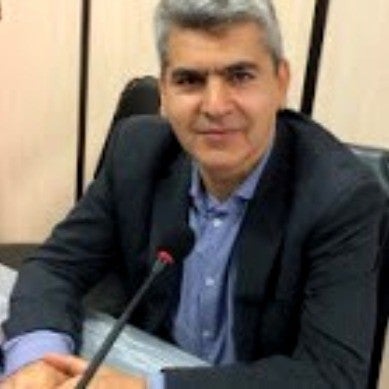Join us for a special seminar with Dr. Abbas Seifi on the applications of systems modelling and optimization.
Dr. Abbas Seifi

Dr. Abbas Seifi is a professor of Industrial Engineering and Management Systems at Amirkabir University of Technology in Iran. He received his PhD in Systems Design Engineering (SyDE) from the University of Waterloo in Canada and worked there as a postdoctoral research associate for over 2 years. He has done research collaborations with some colleagues in the SYDE and ECE departments for the last 25 years. His teaching and research interests include applied optimization and simulation methods in various engineering design applications as well as operational research and decision-making problems. He is also an expert in system dynamics modeling of socio-economic systems and has taught this subject for over 20 years.
Abstract:
Many engineering design problems require numerical evaluations via simulation due to the inability to measure their outputs or performance directly. These evaluations can be time-consuming, prompting the use of surrogate models to optimize design parameters. Additionally, optimal design of experiments can minimize the number of experiments needed to develop such models. The uncertainty in the realization of the optimal design due to random variations in manufacturing processes can negatively impact the system performance, highlighting the need to shift from traditional design optimization with fixed safety factors to optimization under uncertainty. This talk presents a general framework for formulating design optimization problems under uncertainty, illustrated through a filter design example. The results are compared to deterministic design outputs to demonstrate that deterministic optimization may not yield the most effective solutions in practice.
On the theoretical side, we leverage Semidefinite Programming (SDP), a significant advancement in optimization since 1995, known for its ability to model complex nonlinear design optimization problems. We discuss SDP's role in unifying various optimal design formulations for multi-response experiments, and how to solve them through interior-point methods. Additionally, my research includes applying system dynamics modeling for policy design in socio-economic systems. I will present applications in the photovoltaic sector and two energy-intensive industries, showcasing the potential for significant energy savings and CO2 emission reductions.
This seminar is sponsored by:
